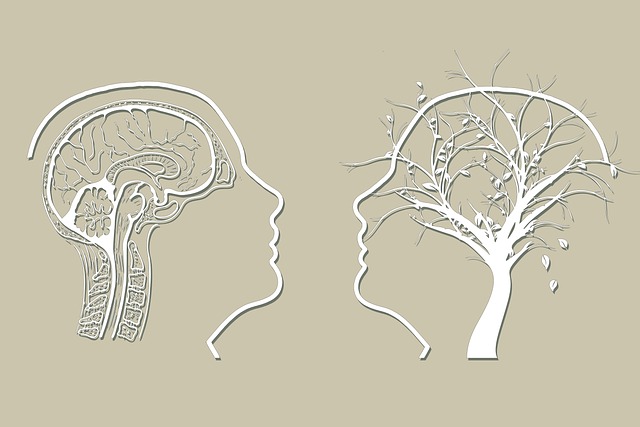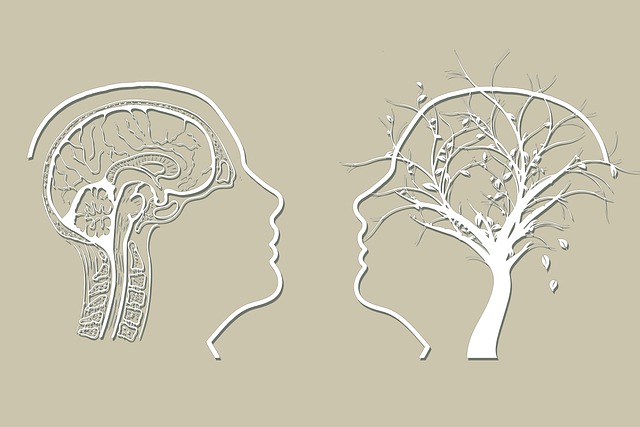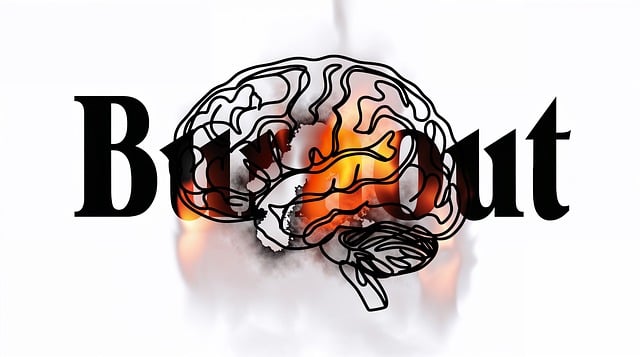In Colorado Springs anxiety therapy settings, facilitators create safe havens through clear boundaries, confidentiality, active listening, and compassion cultivation practices. These groups encourage open dialogue, cater to individual comfort levels with structured flexibility, and foster community bonds through exercises like guided meditations and mindfulness practices. The emphasis on a welcoming atmosphere, equality, empathy, self-care modeling, and icebreakers empowers individuals to navigate challenges and advocate for mental health, aligning with broader Mental Health Policy Analysis and Advocacy efforts. Effective ground rules, established for open communication, respect, confidentiality, and active listening, are key to successful group therapy sessions in Colorado Springs Anxiety Therapy services.
In today’s fast-paced world, mental wellness group facilitation plays a pivotal role in supporting individuals navigating challenges like anxiety. This article explores proven techniques tailored for Colorado Springs anxiety therapy. We delve into creating safe and supportive environments, fostering open communication through guided reflections and mindfulness practices. Understanding cultural sensitivity and integrating nature-based therapies further enhance these strategies, ensuring effective support for diverse communities. By adapting these methods, facilitators can revolutionize mental health care in Colorado Springs.
- Building a Safe and Supportive Environment
- – Creating a welcoming atmosphere
- – Establishing ground rules for group interactions
Building a Safe and Supportive Environment

Creating a safe and supportive environment is a cornerstone of effective mental wellness group facilitation. In Colorado Springs anxiety therapy settings, facilitators play a pivotal role in fostering an atmosphere where participants feel seen, heard, and respected. This begins with establishing clear boundaries, ensuring confidentiality, and promoting active listening to make every member feel valued. Techniques like compassion cultivation practices can profoundly enhance this process by encouraging empathy and understanding among group members, helping to normalize experiences and reduce feelings of isolation.
The dynamic nature of such groups allows for a unique opportunity to share personal struggles and victories in a supportive context. Facilitators should encourage open dialogue while also being mindful of individual triggers and comfort levels. By balancing structure and flexibility, they can guide the group through exercises tailored to promote Anxiety Relief. This might include guided meditations, mindfulness practices, or even a Mental Wellness Podcast Series Production to offer diverse tools for managing stress and anxiety, ultimately strengthening the sense of community within the group.
– Creating a welcoming atmosphere

In facilitating mental wellness groups, cultivating a welcoming atmosphere is paramount to fostering trust and encouraging open communication. As a Colorado Springs anxiety therapy expert might advise, group members should feel safe expressing their feelings and sharing personal experiences. Achieving this involves creating an environment that promotes equality, empathy, and non-judgment. Incorporating icebreakers and interactive activities can help break the ice and establish camaraderie among participants, making it easier for them to connect on a deeper level.
Mental health advocates emphasize the importance of self-care practices within these groups. By modeling healthy coping strategies and encouraging peers to do the same, facilitators contribute to enhancing mental health awareness and advocacy. This supportive setting not only aids individuals in navigating their challenges but also empowers them to become advocates for their own and others’ well-being, aligning with broader Mental Health Policy Analysis and Advocacy efforts.
– Establishing ground rules for group interactions

Establishing ground rules is a vital step in creating a safe and supportive environment for mental wellness group facilitation. As a Colorado Springs Anxiety Therapy professional, setting clear expectations can help members feel secure and encourage active participation. Begin by promoting open communication, emphasizing respect, confidentiality, and active listening. Encourage participants to share their experiences without judgment, fostering an atmosphere of empathy and understanding.
Incorporating effective ground rules is key to the success of any group therapy session. It allows individuals to express themselves freely while building a sense of community. By implementing these guidelines, mental wellness coaching programs can be developed to meet the unique needs of each participant, enhancing overall Mental Health Awareness and well-being.
Effective mental wellness group facilitation in Colorado Springs anxiety therapy hinges on creating a safe, supportive environment. By fostering a welcoming atmosphere and establishing clear ground rules, facilitators can enhance group interactions and encourage open communication. These techniques not only build trust but also empower individuals to navigate their mental health journeys together, ultimately enhancing the therapeutic experience for all participants.














